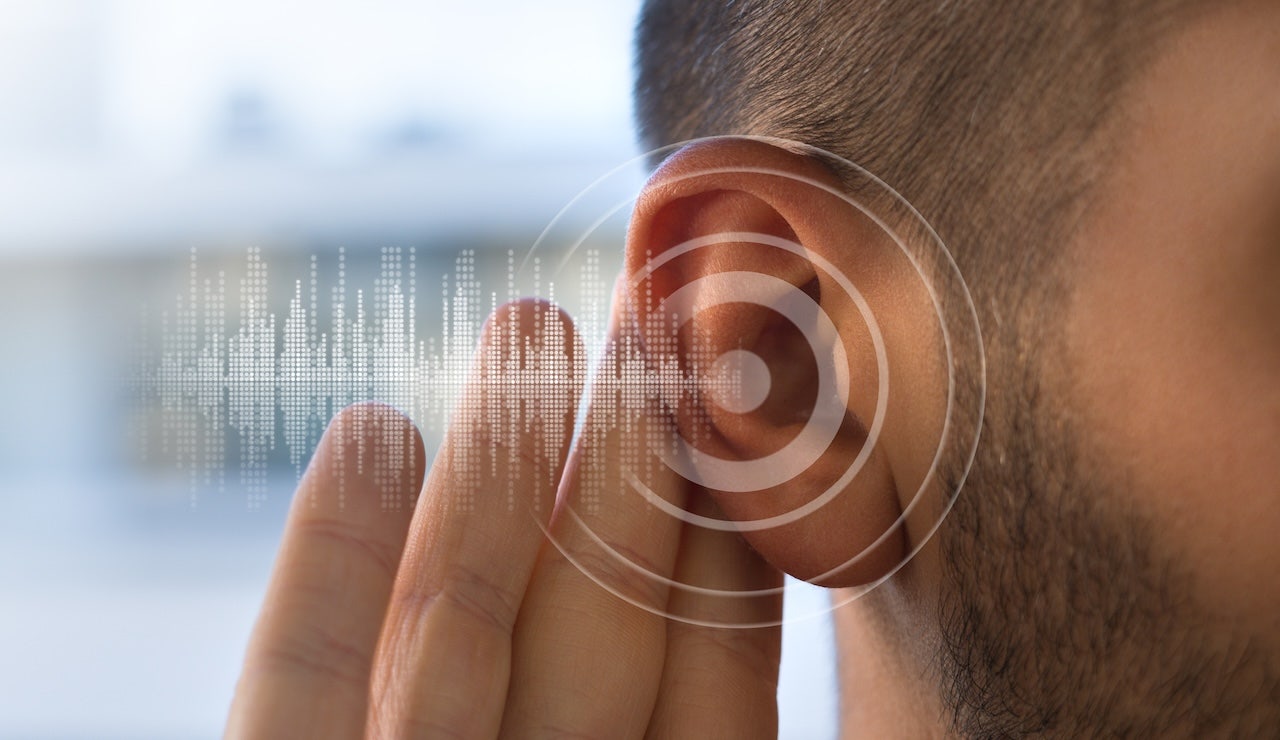Hearing protection tips to prevent age-related damage in seniors

Hearing loss is a common condition that affects many older adults, with about one in three Americans between the ages of 65 and 74 experiencing some form of hearing impairment. While some of this loss can be attributed to the natural breakdown of hair cells in the inner ear, there are also risk factors that can be controlled through behavior modifications.
Protecting your ears and hearing as you age is crucial, and there are steps you can take now to help prevent further damage. Here are some practical tips to start implementing today:
1. Limit exposure to loud noises: Loud environments, such as concerts, heavy traffic, or power tools, can cause permanent damage to the delicate structures in the inner ear. To protect your hearing, try to limit your exposure to these loud situations. Lowering the volume on headphones or taking quiet breaks during noisy events can make a big difference over time.
2. Shield your ears in noisy environments: When you know you will be exposed to loud noises for an extended period, consider wearing ear protection like foam earplugs or noise-canceling earmuffs. These can help reduce the risk of damage to your inner ear and prevent hearing loss.
3. Get your hearing checked regularly: Just like regular dental cleanings or eye exams, it’s important to have your hearing checked regularly. The World Health Organization recommends that adults aged 50 through 64 should have their hearing screened by an audiologist every five years. Early detection of hearing loss can lead to better treatment outcomes.
4. Avoid smoking: Smoking can harm your hearing, with current smokers being 61% more likely to experience prevalent hearing loss compared to non-smokers. Quitting smoking can significantly reduce this risk, with former smokers who quit for over five years having a similar risk to those who have never smoked.
5. Be aware of age-related ear conditions: In addition to hearing loss, conditions like tinnitus and benign paroxysmal positional vertigo (BPPV) can also develop with age. Tinnitus causes persistent sounds in the ears, while BPPV leads to episodes of dizziness. Understanding these conditions can help you seek appropriate treatment if needed.
6. Check medications for adverse effects: Some prescription medications, such as certain cancer drugs and antibiotics, can cause impaired hearing. If you are taking medication, it’s essential to check with your physician to ensure that it isn’t known to impact your ear health.
By taking proactive steps to protect your hearing, you can maintain your overall health and well-being as you age. Incorporating these tips into your daily routine can help preserve your hearing for years to come.




